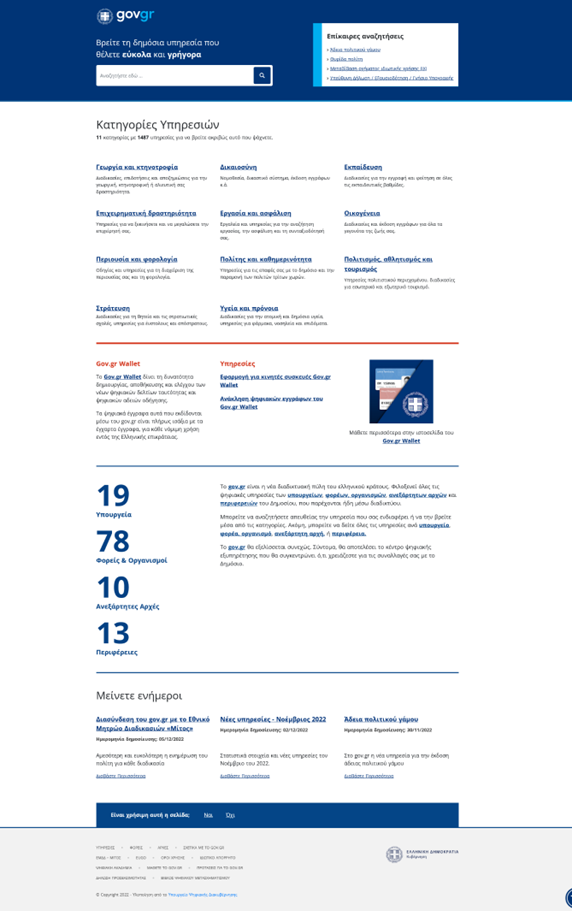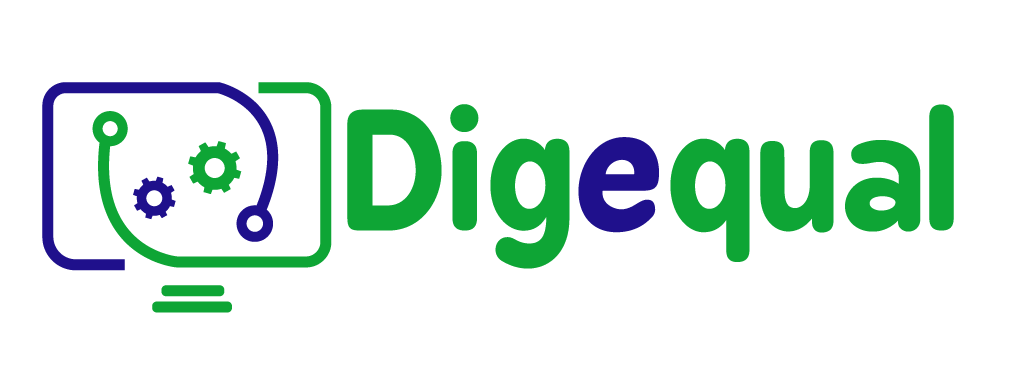How can I participate?
When it comes to social and political engagement, as well as participation, the traditional ways of doing so, such us demonstrations, face-to-face interaction with public authorities, elections, or workers’ unions protests, are not to be ripped of off their significance, or undeniable presence; the importance however, of the role of Social Media and the Internet as a whole, is not to be overlooked. Indeed, many Europeans take advantage of the available online resources to actively e-participate, become informed on social and political matters, express their opinions and preferences, and directly interact with policy and decision-makers. All countries of the European Union have acknowledged the importance and potential that new technologies have in regard to citizens’ participation in society. And that is exactly the reason why Member States have committed to fostering e-participation methods and platforms for citizens, with the uprising taking place during the last few years.
Today we are witnessing the establishment of such e-participation methods and national platforms in about one-third of the EU countries. The ways these are applied may vary, with some of them being completely integrated into the public authorities’ ecosystem. In contrast, others remain as joint projects between them and civil society organisations. These can appear in many forms, such as forums or websites, where citizens can directly express their ideas and opinions on specific matters, participate in online consultations, or even directly interact with policy-makers.
Another very interesting element of certain e-participation platforms is that users often can speak directly to experts on specific subjects, thus verifying information and their reliability, exercising their critical judgement.
Every country has their own e-participation platforms, methods, and practices, at different levels of development. If you check this European Portal, you might look at several platforms existing, as well as if you check the different language versions of our platform, you can be directed according to the language you have selected.
The Case of Greece
In Greece, e-participation is part of the Open Government ecosystem. Open Government constitutes the main platform through which all aspects of e-governance are published and made available to the public after the development is complete. OpenGov is based on a system of transparency, consultation and participation, accountability, and decentralisation of services. By utilising technology, the platform answers the needs of citizens regarding information, meritocracy, as well as participation in the procedures of decision-making.
The main points of such a change are certainly the reinforcement of Open Government practices, and above all, the methods and procedures of e-participation. The participation of citizens that is, in the development of policies and solutions, through a process that shall not only make things much easier for all ends but also support transparency on all levels.

The “Digital Bible”
OpenGov comes with a manual. The “Bible of Digital Transformation 2020 – 2025” is a registration of all the necessary interventions on the technological infrastructure of Greece, on all the ways that technology changes education and training, the economy, and public administration. The mentioned manual describes the vision, philosophy, and goals of the country’s digital transformation, often going in-depth describing its guidelines, models, and strategic axes.
In Greece, as part of a European environment that is constantly changing, public authorities are called to reinvent the wheel and modernise the ways it functions and delivers its services.
The “Bible of Digital Transformation” includes 5 projects on e-participation, with 3 of them already in the works.
1. Update and enrichment of the 4th Action Plan regarding Open Governance
The current national Action Plan of Open Governance shall be enriched with new ideas and actions, in order to cover a broader spectrum. All interested stakeholders will be able to be included and involved in the process.
2. Design and Application of a cooperative model of services design, for the implementation of digital services, in the public sector.
The current project foresees the creation of participatory workshops, for the configuration, design, and development of e-participation services, to be applied in the public sector.
3. Online cooperation platform on Open Governance, focusing on ensuring the participation of every interested party and stakeholder in the design and implementation of e-participation services.
4. Implementation of the commitments included in the National Action Plans, regarding Open Governance, as well as the new National Plan.
Actions of horizontal nature shall be promoted regarding Open Governance in Greece, based on the digital transformation guidelines. These shall include the empowerment and support of the existing legislation on e-participation and Open Governance, as well as the connection of Open Technologies with the Educational system. At the same time, the Ministry of Digital Governance will continue to support and promote e-participation and Open Governance Practices, through its active participation in the initiative of Open Government Partnership, as well as other similar organisations.
5. Integration of e-participation and Open Governance practices, as well as Open Technologies, in the Educational system.
The current project constitutes a digital solution of horizontal nature, through which citizens shall be able to evaluate the offered public services. At the same time, a digital participatory monitoring and evaluation system on government practices shall be applied; the evaluators will, of course, be the citizens.
Initiatives
Apart from governmental action taken towards the direction of e-participation and inclusion of citizens in public affairs, there are certain initiatives observed that are focused towards the same direction. Here, we examine the case of “LocalWatch”.
LocalWatch is funded by the “Active Citizen Fund in Greece” program and is implemented as a part of the “Digital Platform of Participatory Democracy – LocalWatch” program. It is based on the mindset that the supervision of elected representatives and public authorities is the foundation for a just and really open and inclusive society.
LocalWatch focuses on the development of an online, innovative platform that will effectively serve as a communication, control, and participation bridge between citizens in several Greek municipalities. The platform shall feature digital tools, co-designed by citizens, through a series of participatory workshops, in order to monitor elected representatives and their actions. In addition, via the platform, citizens will be able to give shape to the policies of local authorities, evaluate their municipality and its progress, organise volunteering actions in their cities, as well as have a say in the budget of their municipality.
Through the project, citizens will be able to have an active role on the matters of their municipality.
